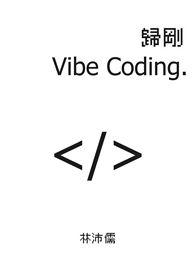Chapter 1: Rewards: An intersection between psychology and management1.1.1 Psychological contract theory in the study of trust and cooperation1.1.2 Understanding individual differences in personality: the interaction effects1.1.3 Addressing the role of rewards in psychological contract fulfillment1.2 Overview of chapters
Chapter 2: Excessive extrinsic rewards in workplace relationships
2.1 Workplace relationships2.1.1 Excessive extrinsic rewards in the workplace2.1.2 Trust and cooperation in the workplace2.1.3 Individual differences in personality in the workplace2.2 The mechanism of rewards on employee cooperation and differences in personality in the workplace.
Chapter 3: Psychological contract and rewards
3.1 The increasing importance of psychological contract research3.2 The psychological contract theory3.2.1 The salience of promises in the psychological contract3.2.2 Psychological contract fulfillment3.2.3 Employer-employee perceptions 3.2.4 Psychological contract views3.3 The effects of rewards3.3.1 Positive effects3.3.2 Negative effects3.4 Individual differences in personality3.4.1 Locus of control 3.4.2 General trust
Chapter 4: Individual differences in cooperation
Chapter 5: Does trust matter?
5.1 Trust development5.2 Conceptual model and hypotheses development5.3.1 Organizational trust5.3.2 General trust as a mediator5.3.3 Locus of control as a moderator5.4 Method5.4.1 Sample and procedure5.4.2 Measures5.4.3 Discriminant and convergent validity5.5 Data analysis5.5.1 Relationship between rewards, general trust, organizational trust, and cooperation analysis5.5.2 Relationship between rewards, locus of control and organizational trust analysis5.5.3 Relationship between psychological contract fulfillment, locus of control and organizational trust analysis
Chapter 6: Strategic organizational decision-making











